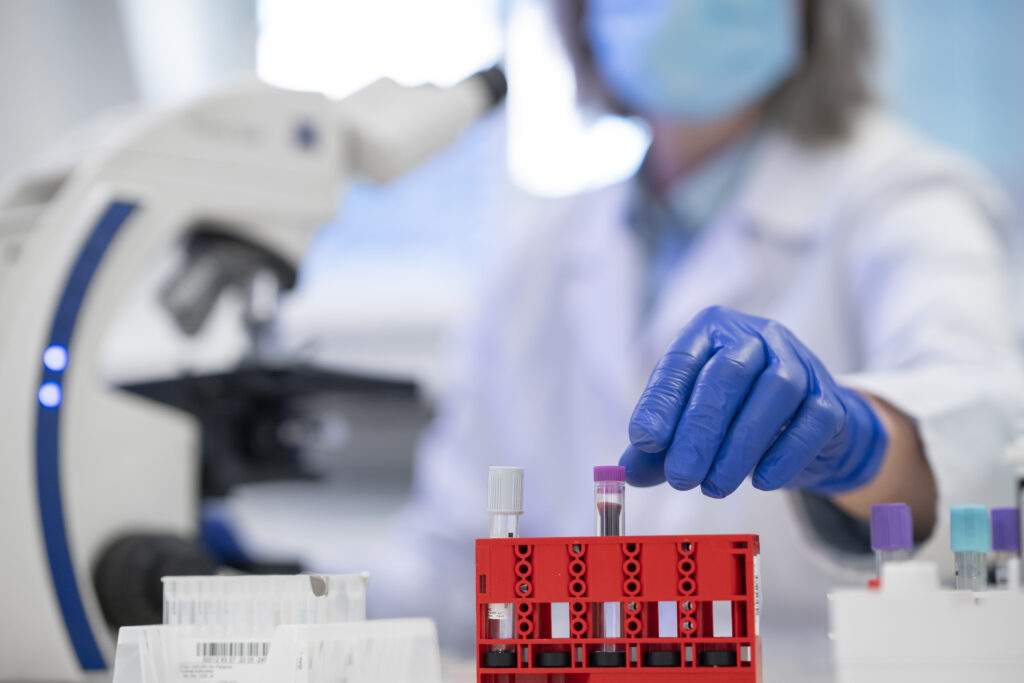Introduction
The Procalcitonin Test is a simple blood test that helps doctors check for serious infections. This test measures the level of procalcitonin, a substance in your blood that rises when you have a bacterial infection. Because it is an important infection marker test, the Procalcitonin Test can help guide treatment decisions. If you or a loved one needs this test, knowing what to expect can ease your worries. In this blog, we explain the purpose, procedure, and meaning of the Procalcitonin Test in easy-to-understand language.
What is a Procalcitonin Test?
A Procalcitonin Test is a blood test that checks the amount of procalcitonin in your body. Procalcitonin is a protein made by your body. Normally, healthy people have very low levels of this protein. However, when you have a serious bacterial infection, your body makes more procalcitonin. Because of this, the test helps doctors find out if you have a bacterial infection or not. It is often called a procalcitonin blood test or infection marker test.
Why is the Procalcitonin Test Done?
Doctors use the Procalcitonin Test for several reasons. Most often, it helps them:
Because of these uses, the Procalcitonin Test is important in hospitals and clinics. It helps doctors make better decisions about your care.
How is the Procalcitonin Test Performed?
The Procalcitonin Test is quick and simple. Here is what usually happens:
Most people feel only a small pinch during the blood draw. The whole process takes just a few minutes.
What Do Procalcitonin Test Results Mean?
Procalcitonin levels help doctors understand what is happening in your body. Here is what the results may show:
However, other conditions can also affect procalcitonin levels. Because of this, your doctor will consider your full health picture before making decisions.
Preparation and Aftercare
Usually, you do not need to do anything special to prepare for a Procalcitonin Test. You can eat and drink as normal unless your doctor tells you otherwise. After the test, you can return to your usual activities right away. If you notice any redness or swelling where the needle went in, let your doctor know. Most people have no problems after the test.
Risks and Limitations
Like most blood tests, the Procalcitonin Test is very safe. However, there are a few small risks:
There are also some limitations to the test. For example, procalcitonin levels can rise for reasons other than infection, such as after surgery or injury. Because of this, doctors use the test along with other information to make the best decisions.
Frequently Asked Questions
Conclusion
The Procalcitonin Test is a helpful tool for finding and managing serious bacterial infections. Because it guides treatment, it can help doctors make better choices for your health. If you have questions or concerns about the Procalcitonin Test, consult a healthcare professional for personalized advice.

